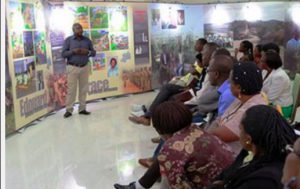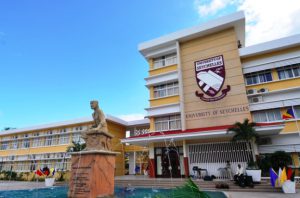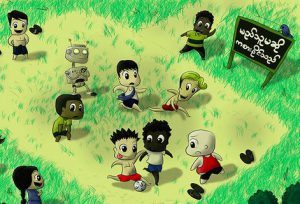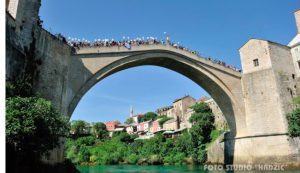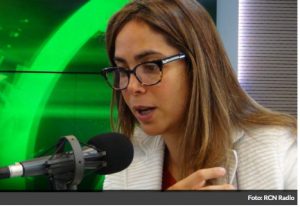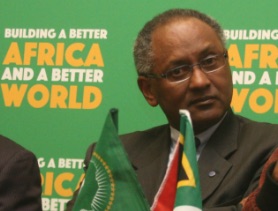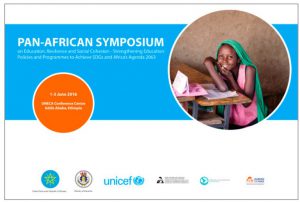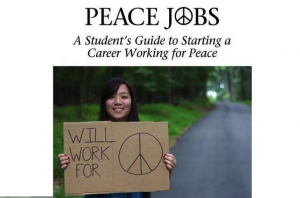… EDUCATION FOR PEACE …
Excerpts from the website of The Global Campaign for Peace Education
The Global Campaign for Peace Education provides coverage of peace education from around the world, including original articles, research and stories cultivated from journals and independent and mass media sources. We especially encourage article and event submissions from our readers.
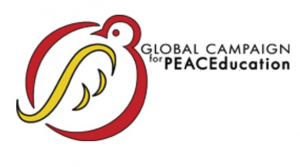
Campaign Goals
The Global Campaign for Peace Education seeks to foster a culture of peace in communities around the world. It has two goals:
First, to build public awareness and political support for the introduction of peace education into all spheres of education, including non-formal education, in all schools throughout the world. Second, to promote the education of all teachers to teach for peace.
Campaign Statement
A culture of peace will be achieved when citizens of the world understand global problems; have the skills to resolve conflict constructively; know and live by international standards of human rights, gender and racial equality; appreciate cultural diversity; and respect the integrity of the Earth. Such learning can not be achieved without intentional, sustained and systematic education for peace.
The urgency and necessity of such education was acknowledged by the member states of UNESCO in 1974 and reaffirmed in the Integrated Framework of Action on Education for Peace, Human Rights and Democracy in 1995. Yet, few educational institutions have undertaken such action. It is time to call upon ministries of education, educational institutions and policy makers to fulfill the commitments.
A campaign to facilitate the introduction of peace and human rights education into all educational institutions was called for by the Hague Appeal for Peace Civil Society Conference in May 1999. An initiative of individual educators and education NGOs committed to peace, it is conducted through a global network of education associations, and regional, national and local task forces of citizens and educators who will lobby and inform ministries of education and teacher education institutions about the UNESCO Framework and the multiplicities of methods and materials that now exist to practice peace education in all learning environments. The goal of campaign is to assure that all educational systems throughout the world will educate for a culture of peace.
(Continued in right column)
Where is peace education taking place?
(Continued from left column)
Campaign Form
The Campaign is a non-formal network comprised of formal and non-formal educators and organizations, each working in their own unique ways to address the goals above.
This form allows Campaign participants to focus their energies towards meeting the goals and needs of their constituents – while at the same time promoting and making visible the growing global network of educators working for peace.
The Campaign helps to connect educators and facilitate the exchange of ideas, strategies and best practices through its website and newsletters. It is presently coordinated by the Peace Education Initiative at The University of Toledo.
TONY JENKINS: Global Coordinator
KEVIN KESTER: Book Review Editor
OLIVER RIZZI CARLSON: Editor
Original endorsers:
International Organizations
* International Association of Educating Cities
* International Association of Educators for Peace
* International Association of Educators for World Peace
* International Peace Bureau
* International Teacher
* International Youth Cooperation (The Hague)
* Living Values: An Educational Programme
* Mandate the Future/Worldview International Foundation (Colombo)
* Pan Pacific and Southeast Asia Woman’s Association
* Peace Boat
* Pax Christi International
* Peace Child International
* Peace Education Commission
* International Peace Research Association
* UNICEF
* UN High Commissioner for Refugees
* Youth for a Better World International
Click here for the list of National and Local Organizations.
